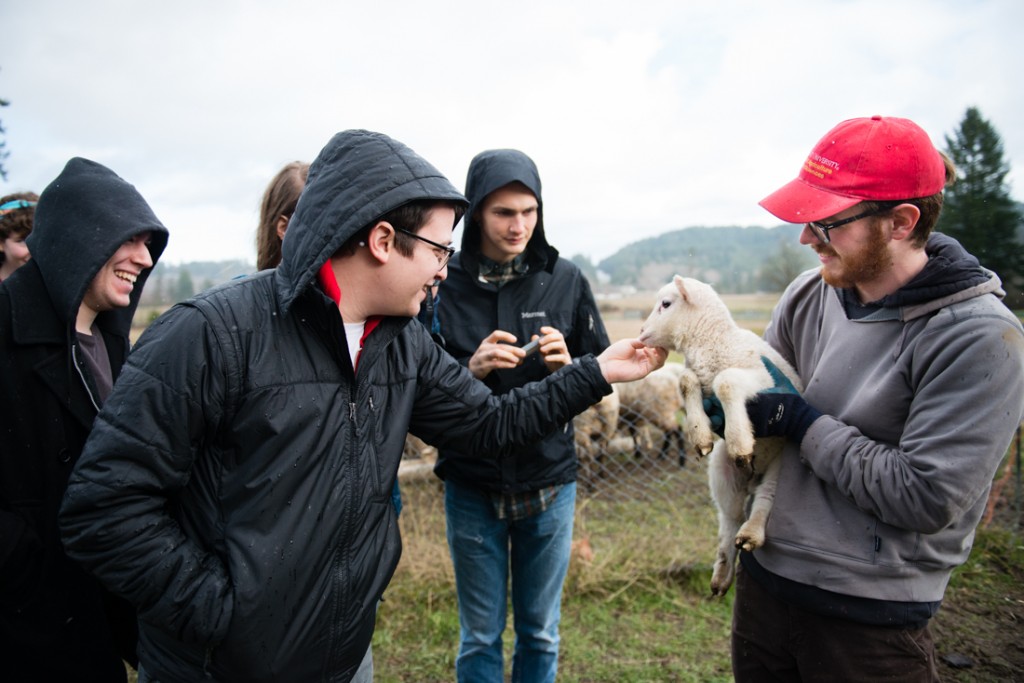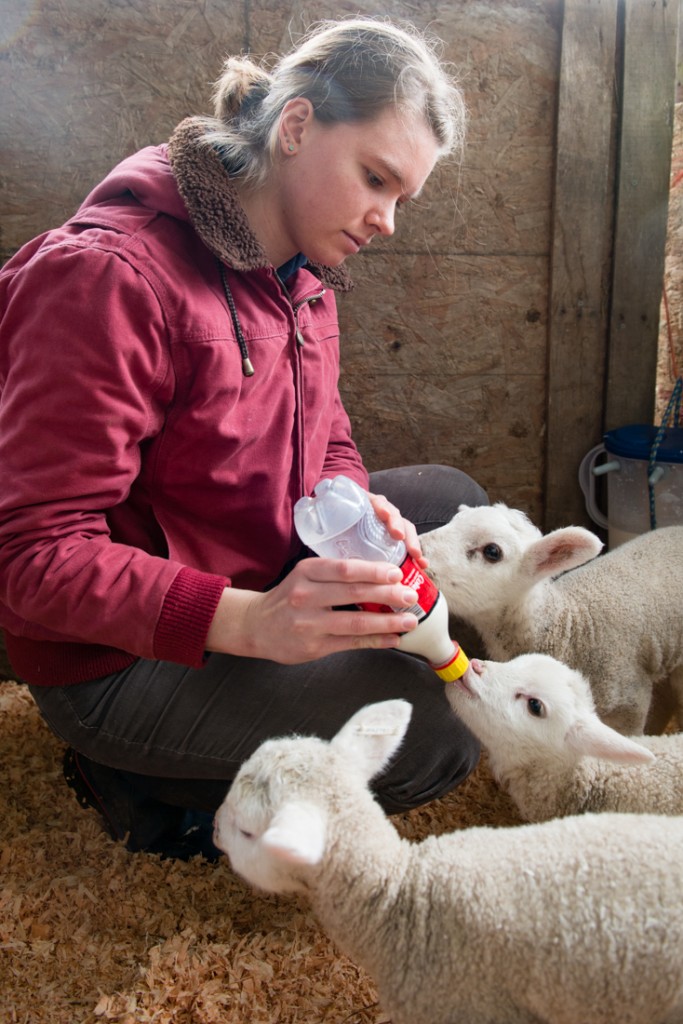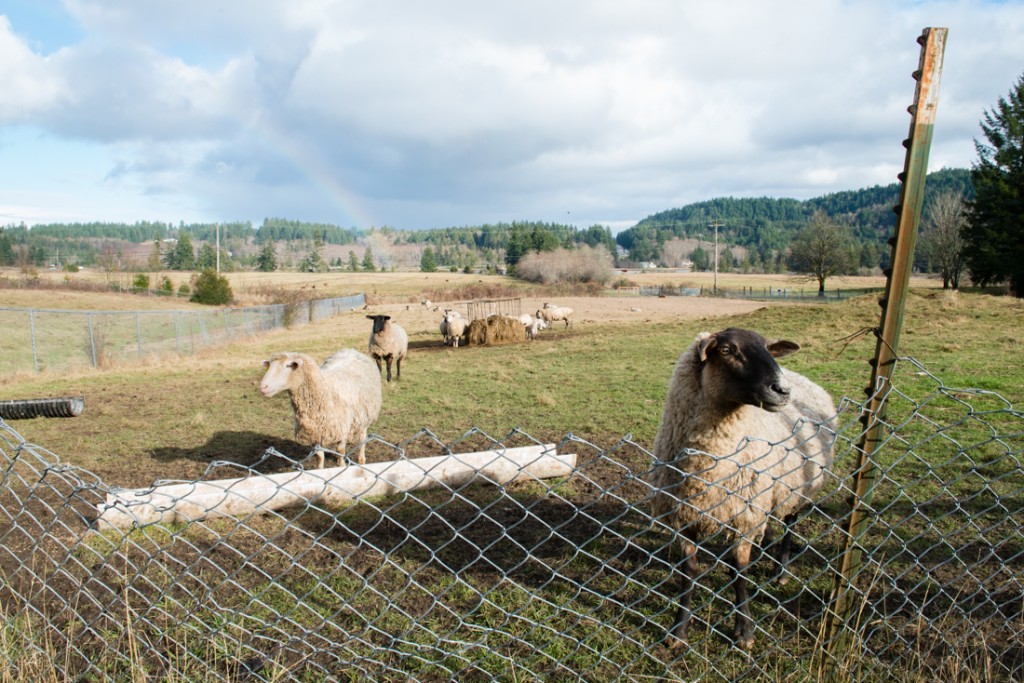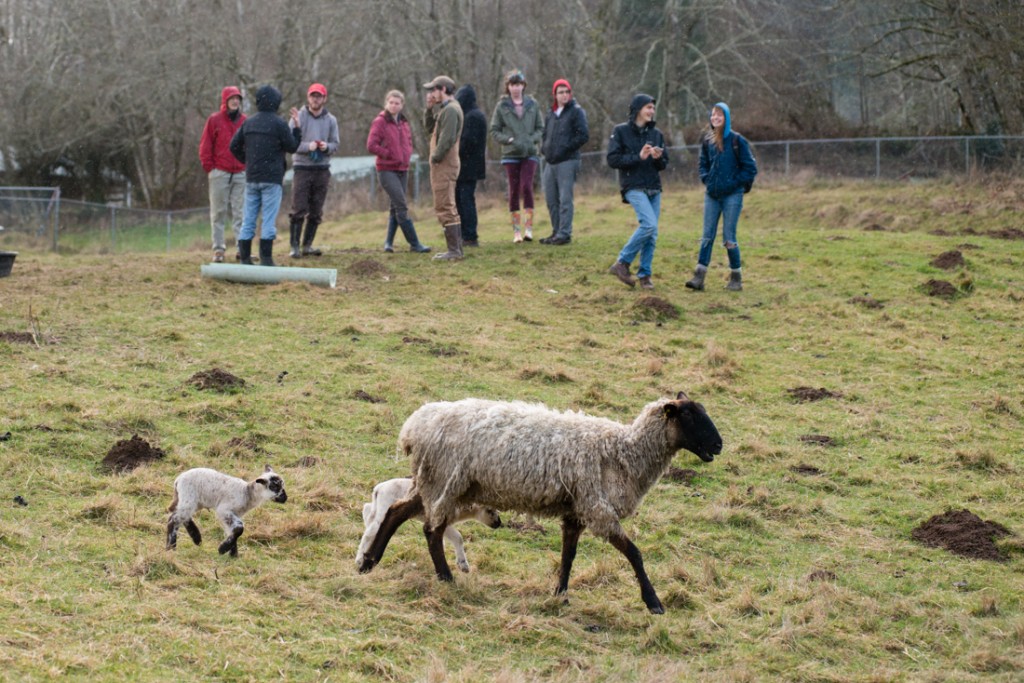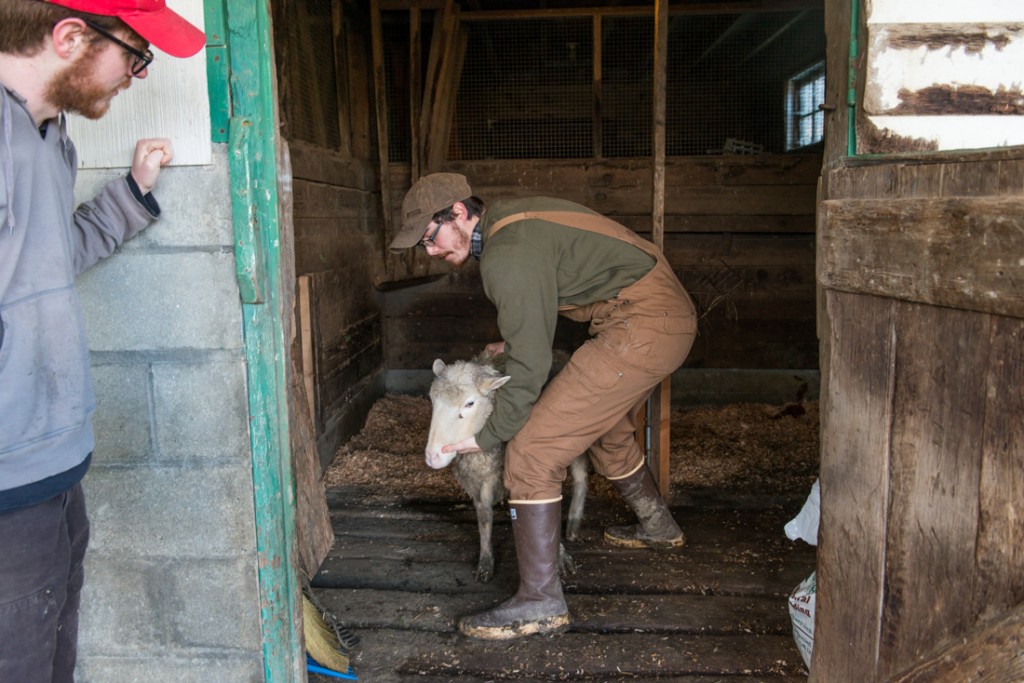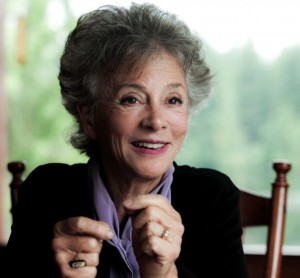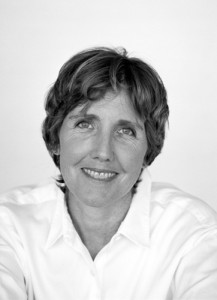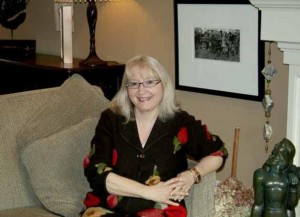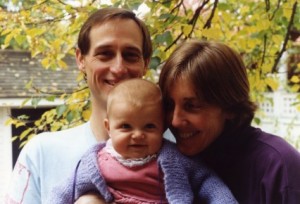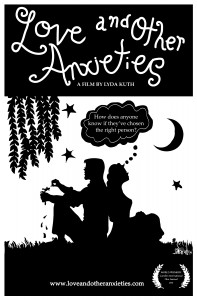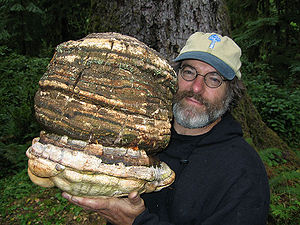Education consultant and artist explore schools and criminal justice
Monday, Feb. 25, at 7 p.m.
TACOMA, Wash. – Some facts from U.S. prison studies: Today more African American men are in prison than in college. One in every 100 adults in this country is currently behind bars. The booming U.S. prison system calculates its future space requirements by checking how many kids are doing poorly in third grade.
Chilling? Yes. Can something be done? Yes. You can learn more about the hidden world of the U.S. prison system and why hundreds of thousands of children are growing up in homes without fathers at an upcoming talk and artistic presentation by two scholars in residence at University of Puget Sound.
Thelma Jackson, education consultant to five Washington governors, and Paul Rucker, acclaimed artist and musician, will give presentations and invite audience participation at the “Education, Race, and Criminal Justice” event at 7 p.m., on Monday, Feb. 25, in Schneebeck Concert Hall. Entrance is free and everyone is welcome. Tickets are not required.

Thelma Jackson
This is the first in a series of three public events running throughout the spring under the title of American Voices: Invisibility, Art, and Educational Justice. The series features educators, scholars, artists, and activists whose work pushes the boundaries of civic consciousness with nontraditional voices and performances.
Thelma Jackson, owner of Foresight Consultants and an education consultant with 30 years of experience in education policy, diversity and equity, and community mobilization, will open the Feb. 25 evening with a talk that probes into the “school-to-prison pipeline.”
Jackson will consider the inequitable effects of school suspensions, poor teaching, fatherless families, juvenile detention, family debt, job discrimination, and zero tolerance policies. She also will point to the opportunities for change in high-quality early learning programs, improved teacher training, racial justice advocacy, and community awareness, compassion, and action.
Paul Rucker, a recognized Seattle cellist and artist, is known for integrating live musical performance with visual art. For this event he is creating a new work based on Jackson’s paper. He will open his presentation by explaining how he integrates social justice issues into his art.
Rucker’s highly original musical compositions, which weave improvisation and electronics into traditional cello, bass, and keyboard techniques, are often combined with audio and visual tools including infrared beams, lasers, glass instruments, video, photography, and animation.
Questions and observations from the audience will be invited at the end of the two presentations. American Voices: Invisibility, Art, and Educational Justice is presented by the Race and Pedagogy Initiative at University of Puget Sound, with support from the Catharine Gould Chism Fund.
Thelma Jackson, owner of Foresight Consultants, has served in numerous leadership capacities, including as president of the Washington State School Directors’ Association, and as chair of the Washington State Advisory Council on Vocational Education, the Washington State Legislative Ethics Board, and the Commission on African American Affairs. She served on task forces and advisory councils for five Washington governors and advised on the implementation of state legislation dealing with closing the achievement gap for African American students. She founded the nonprofit Northwest Institute for Leadership and Change and has held numerous board positions, including as president of the board of trustees of The Evergreen State College.
Paul Rucker, a Seattle-based artist, musician, and composer, has produced public artwork for The Museum of Flight in Seattle, City of Tacoma, and 4Culture. Rucker finds inventive ways to explore communities, human emotions, civil rights, and history. He created art inspired by the 1968 sanitation workers’ strike in Memphis, as well as by the exponential growth of the U.S. prison system, and by the horrific syphilis experiments conducted by health officials in Alabama from 1932 to 1972. Rucker was named 2004 Best Emerging Artist by Earshot Jazz of Seattle, and 2005 Jazz Artist of the Year at the Seattle City of Music Awards. In 2007 he was invited by legendary filmmaker David Lynch to perform for the opening of Lynch’s mystery film, Inland Empire.
For more information about American Voices: Invisibility, Art, and Educational Justice contact the Race and Pedagogy Initiative at 253.879.2435 or visit www.pugetsound.edu/raceandpedagogy.
For directions and a map of the campus: www.pugetsound.edu/directions.
For accessibility information please contact accessibility@pugetsound.edu or 253.879.3236
Editor’s Note: this is a repost of a press release from University of Puget Sound


